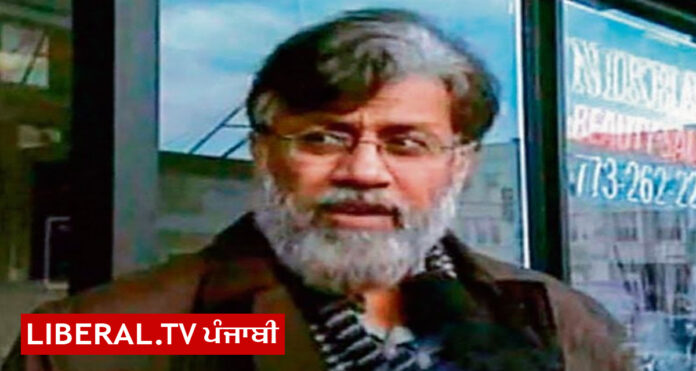In a significant development, Tahawwur Hussain Rana, a Pakistani-origin Canadian businessman sought by India for his alleged role in the 2008 Mumbai terror attacks, faces a major legal setback. On August 15, 2024, the U.S. Court of Appeals for the Ninth Circuit in California ruled that Rana is extraditable to India under the bilateral extradition treaty between the two nations.
The Ninth Circuit’s ruling upheld the Central District of California’s decision to deny Rana’s habeas corpus petition, which challenged a magistrate judge’s certification of his extraditability. Rana, currently held in Los Angeles, is accused of involvement in the 26/11 Mumbai attacks and has known connections to David Coleman Headley, a key conspirator in the attacks.
The court’s decision was based on the terms of the India-U.S. extradition treaty, specifically addressing the Non Bis in Idem (double jeopardy) exception. The treaty allows extradition even when the accused has been previously tried for related offenses in the requesting country, provided the offenses have distinct elements.
The panel of judges clarified that the term “offence” in the treaty refers to the specific charged crimes rather than the underlying acts. Their interpretation was supported by the treaty’s plain text, the U.S. State Department’s technical analysis, and case law from other circuits. The judges found that Rana’s alleged offenses align with the treaty’s requirements for extradition and that the Indian charges possess elements different from those for which Rana was acquitted in the U.S.
Rana had argued that the Non Bis in Idem exception should prevent his extradition because of his previous acquittal on related charges in the U.S. However, the court determined that the Indian charges are sufficiently distinct from the U.S. convictions and that India provided adequate evidence to establish probable cause for the extradition.
The ruling also addressed claims that the U.S. government’s interpretation of the treaty was inconsistent with its stance in Headley’s plea agreement. The court rejected this argument, affirming that the treaty’s provisions support Rana’s extradition.
Despite this setback, Rana has the option to appeal the ruling and explore further legal avenues to contest his extradition to India.



